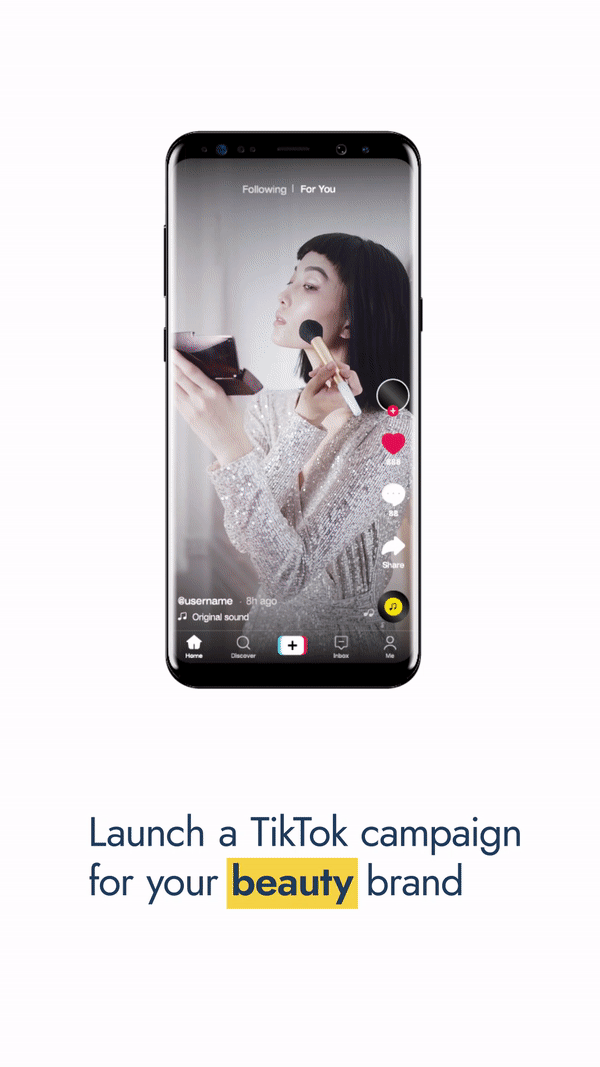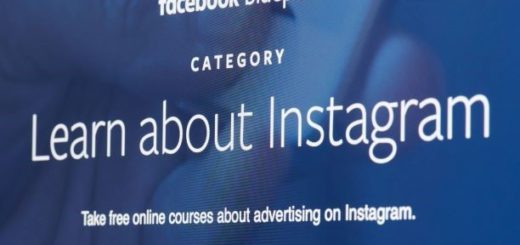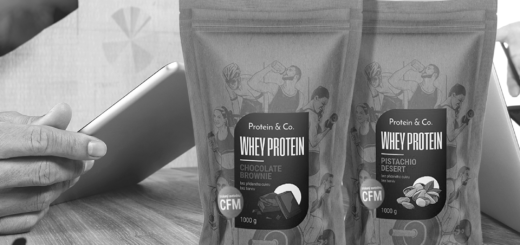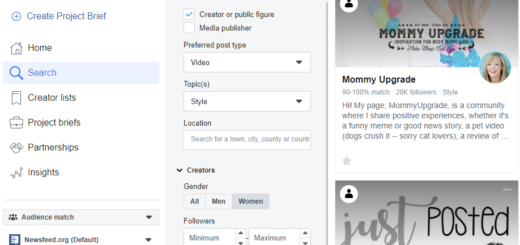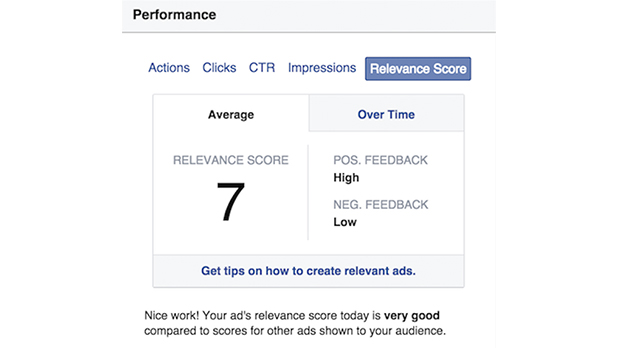
Facebook has announced that it will make several updates to its ad metrics. At the end of April, the relevance score will be discontinued, with Facebook replacing it with three more detailed metrics and deleting the other six reports. Facebook’s goal is to introduce a more actionable way of measuring success.
Facebook launched Relevance Score in 2015, and the goal was to show advertisers a better view of ad performance and what they can expect. Scores show advertisers how relevant their ad may be to the target audience. It is calculated based on the positive and negative feedback that Facebook expects the ad to receive from the audience.
Facebook will now replace the relevancy score with three more detailed metrics of ad relevance diagnostics.
The new
metrics are:
• Quality ranking – how the quality of your ad is
perceived compared to ads that want to reach the same target audience.
• Engagement ranking – what is the expected level of
interest in your ad compared to ads that want to reach the same target
audience.
• Conversion rate
ranking – what is
the expected conversion rate for your ad compared to ads that have the same
optimization goal and wanted to reach the same target audience.
Facebook will discontinue the next 6 metrics and replace them with more functional reports:
- Offers Saved
- Cost Per Offers Saved
- Messaging Replies
- Cost Per Messaging Replies
- Mobile App Purchase ROAS
- Web Purchase ROAS
Facebook
regularly monitors which of its metrics are no longer being used and
accordingly replaces them with new and more efficient ways of measuring.
Newly introduced
reports include:
- Post Saved – Advertisers get an overview of how many users have saved their ad. Facebook will include the Offers saved metric in the new Post Saved metric.
- Messaging Connections and Messaging Conversations Started – This new metric will measure new conversations and will include Message Replies and Cost Per Messaging Replies. Businesses will still be able to measure responses within new or existing conversations, but updated data points will focus on conversions based on newly started conversations. Statistics show that advertisers are more interested in new conversations than response reports.
- ROAS across all channels – Previously, ROAS metrics were for a particular channel (Mobile, Web – On Facebook), but will now work across all channels under one metric.
New metrics changes will help advertisers get different views of their ad performance. Facebook will gradually update metrics in the coming weeks and will remove the relevance score by April 30, 2019.
How do ad relevance diagnostics work? You can find out by following this link.



